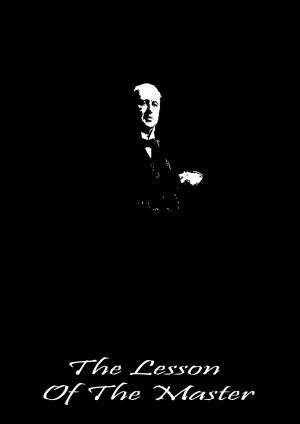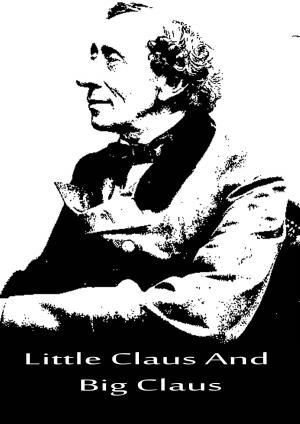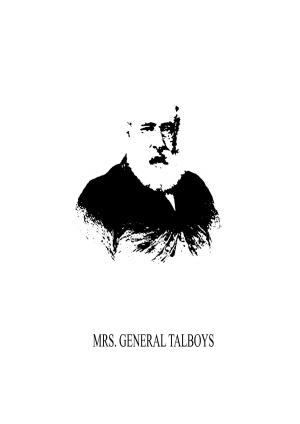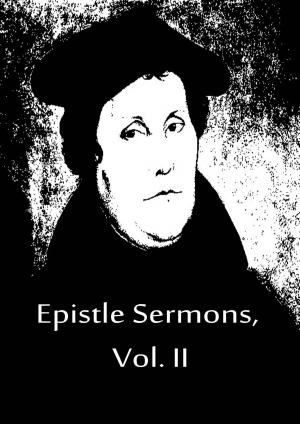The Apology, Or Defence Of Socrates [Christmas Summary Classics]
Nonfiction, Reference & Language, Reference| Author: | Plato | ISBN: | 1230000032314 |
| Publisher: | Zhingoora Books | Publication: | November 21, 2012 |
| Imprint: | Language: | English |
| Author: | Plato |
| ISBN: | 1230000032314 |
| Publisher: | Zhingoora Books |
| Publication: | November 21, 2012 |
| Imprint: | |
| Language: | English |
Christmas Summary Classics
This series contains summary of Classic books such as Emma, Arne, Arabian Nights, Pride and prejudice, Tower of London, Wealth of Nations etc. Each book is specially crafted after reading complete book in less than 30 pages. One who wants to get joy of book reading especially in very less time can go for it.
PLATO
The Apology, or Defence of Socrates
Aristocles, the son of Ariston, whose birth name is almost forgotten because the whole world knows him as Plato, was born at Athens about the year 427 b.c. As he grew up he became a devoted disciple of Socrates, and when the Athenian people had put the master to death, the disciple gave up his life to expounding the wisdom of his teacher. How much of that teaching was really implicitly contained in the doctrines of Socrates, it is difficult to say, since very definite developments evidently took place in Plato's own views. Plato himself lived to the age of eighty, and died, as he had for the most part lived, at Athens, in 347. When Socrates was indicted for "corrupting the youth" of Athens and on other corresponding charges, Plato was himself present at the trial. We may believe that the "Apology" is substantially a reproduction of the actual defence made by Socrates. The "judges" in the Athenian court were practically the assembled body of free Athenian citizens. When an adverse verdict was given, the accused could propose a penalty as an alternative to that which had been named by the accuser, and the court could choose between the two penalties. Socrates was found guilty by a small majority of votes, and sentence of death was passed, as set forth in the last section of the "Apology."
Christmas Summary Classics
This series contains summary of Classic books such as Emma, Arne, Arabian Nights, Pride and prejudice, Tower of London, Wealth of Nations etc. Each book is specially crafted after reading complete book in less than 30 pages. One who wants to get joy of book reading especially in very less time can go for it.
PLATO
The Apology, or Defence of Socrates
Aristocles, the son of Ariston, whose birth name is almost forgotten because the whole world knows him as Plato, was born at Athens about the year 427 b.c. As he grew up he became a devoted disciple of Socrates, and when the Athenian people had put the master to death, the disciple gave up his life to expounding the wisdom of his teacher. How much of that teaching was really implicitly contained in the doctrines of Socrates, it is difficult to say, since very definite developments evidently took place in Plato's own views. Plato himself lived to the age of eighty, and died, as he had for the most part lived, at Athens, in 347. When Socrates was indicted for "corrupting the youth" of Athens and on other corresponding charges, Plato was himself present at the trial. We may believe that the "Apology" is substantially a reproduction of the actual defence made by Socrates. The "judges" in the Athenian court were practically the assembled body of free Athenian citizens. When an adverse verdict was given, the accused could propose a penalty as an alternative to that which had been named by the accuser, and the court could choose between the two penalties. Socrates was found guilty by a small majority of votes, and sentence of death was passed, as set forth in the last section of the "Apology."
![Cover of the book The Apology, Or Defence Of Socrates [Christmas Summary Classics] by Plato, Zhingoora Books](https://www.kuoky.com/images/2012/november/500x500/1230000032314-mCvl_500x.jpg)





![Cover of the book Sandford and Merton [Christmas Summary Classics] by Plato](https://www.kuoky.com/images/2012/december/300x300/1230000036582-Z6Ah_300x.jpg)





![Cover of the book The Potato Child & Others [Christmas Summary Classics] by Plato](https://www.kuoky.com/images/2012/october/300x300/1230000024224-mlwd_300x.jpg)


![Cover of the book Gargantua and Pantagruel [Christmas Summary Classics] by Plato](https://www.kuoky.com/images/2012/december/300x300/1230000036845-LyLw_300x.jpg)